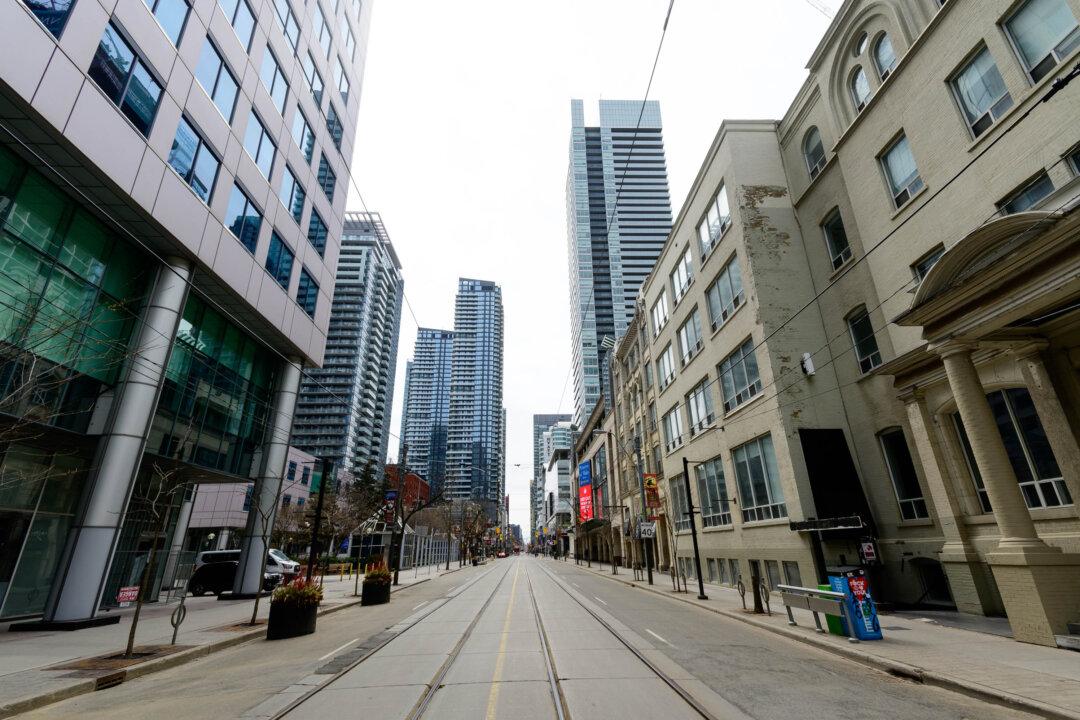Commentary
The New York Times ran an in-depth timeline on April 30 estimating it could take up to 15 years to develop a vaccine for the COVID-19 virus. Noting that recent vaccines have taken between 11 and 28 years to develop, even with generous assumptions and perfect luck, NYT hopes this could somehow come down to just over two years, so June of 2022.





